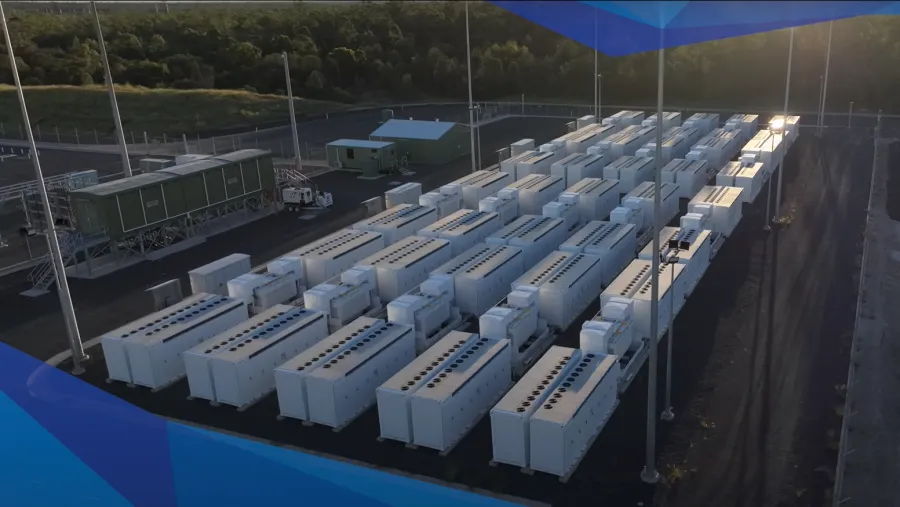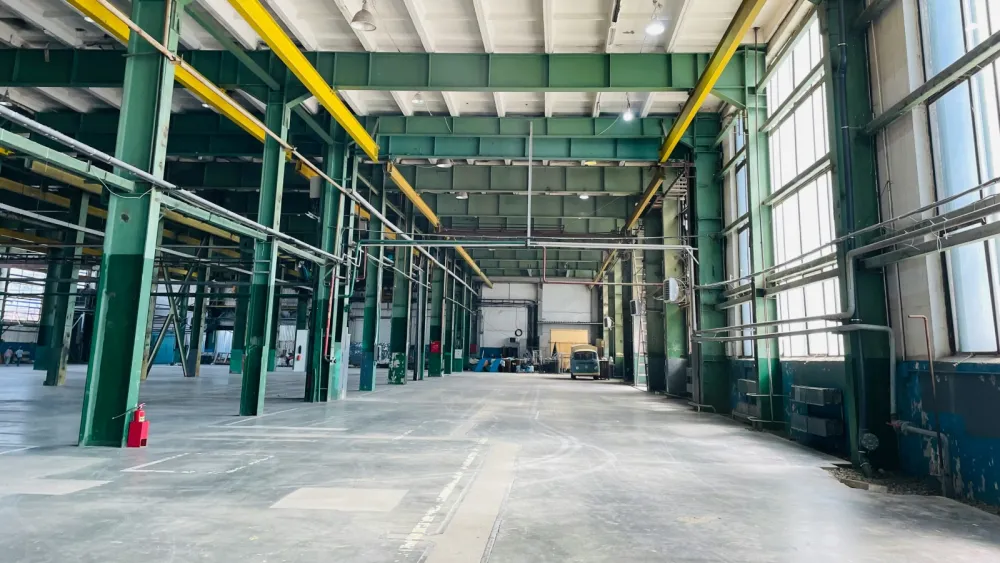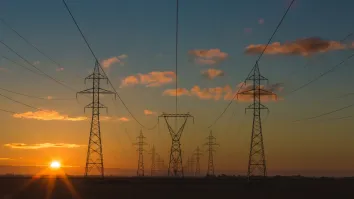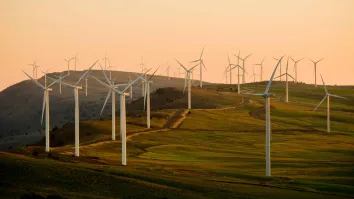
CS Energy’s 100-MW Chinchilla energy storage starts full operation
This is the first operational project in the Kogan Clean Energy Hub.
Queensland government-owned power firm CS Energy has announced that the 100 megawatt/200 megawatt-hour Chinchilla Battery is now fully operational.
In a statement, CS Energy said it worked with Tesla and Downer for the battery energy storage system which is the first operational project in the Kogan Clean Energy Hub.
The Chinchilla Battery comprises 80 Tesla Megapack 2 systems and uses lithium iron phosphate batteries, which are considered to be the safest lithium batteries currently available. Its capacity can power up to 33,000 households for two hours.
CS Energy said the facility underwent a comprehensive commissioning programme to test the battery under a range of operating conditions, ensuring it operates safely and reliably.
Over $3m was spent for its construction.


















 Advertise
Advertise







